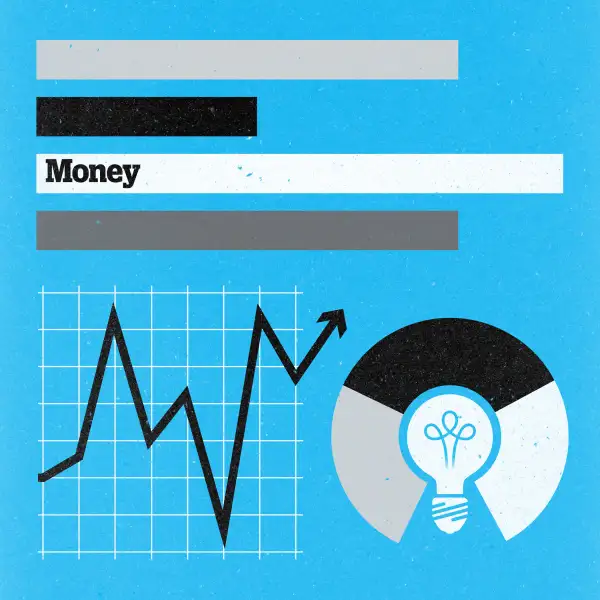When It Pays to Pay for Advice—and When It Doesn't
Money is not a client of any investment adviser featured on this page. The information provided on this page is for educational purposes only and is not intended as investment advice. Money does not offer advisory services.

Q: I'm 42 and have $210,000 in my retirement account, invested in the Vanguard Target Retirement 2025 fund. Vanguard offers an advisory service that costs 0.30% of assets annually. Is it worth it? – Name withheld
A: Based on your age and current strategy, you probably could use some help planning for retirement, notes Daniel P. Wiener, editor of The Independent Adviser for Vanguard Investors. But don’t expect to get a whole lot of extra hand-holding from Vanguard’s low-cost advisory offering.
First, let’s talk about your current approach.
Target-date funds are a great solution for people who want an all-in-one retirement portfolio that automatically grows more conservative over time as the target date (a.k.a. retirement date) approaches.
While they're not a perfect strategy, target date funds beat the alternative — investing too aggressively or too conservatively on your own because you're not sure which approach to take.
Plus they're cheap. Vanguard's target date funds charge less than 0.20% of assets a year for managing your money.
You don’t have to pick a target date that matches perfectly with the year in which you plan on retiring. Investors who want to play it more conservative, for example, can opt for a closer target date fund, while those who want to be a little more aggressive might pick a target date fund that is a few years past their actual retirement date.
In your case, however, the Vanguard Target Retirement 2025 fund is probably too conservative for you. It is, after all, designed for someone who will be retiring in just 10 years. “Someone who is 42 should probably be looking at a 2040 target date,” says Wiener.
In addition to rethinking your target date, Wiener says you may want to look at adding one or two complementary funds to the basic offerings in the Vanguard target retirement series.
For instance, you might look at adding a dividend-growth fund “focused on large, battleship, balance sheet companies,” says Wiener. If you want to stay in the Vanguard family of funds, take a look at the Vanguard Dividend Growth fund .
Need a little more handholding?
That's where advisory services come in. Vanguard’s advisory service is an inexpensive alternative to the typical 1% management fee charged by financial advisors.
The catch? “The advice is pretty cookie cutter,” says Wiener. What's more, “the ‘planners’ are not independent and follow a strict Vanguard model.” In fact, the end product may look a lot like the allocation for a target-date fund pegged to your age and risk profile.
“If you don’t want to think about this stuff you could do a lot worse than pay 0.30% for a little extra help,” says Wiener.
That said, for many individuals it’s worth it to pay an advisor who can offer soup-to-nuts advice about retirement planning and more.